PROJECTS & IMPACT
Projects and impact by research area
CULTURE in the regions
The main objective of this axis is to promote and foster research and creative and cultural initiatives in the regions, i.e. outside the major urban centres.
Arts and health
Encourage and undertake research, training and knowledge-transfer initiatives to better understand the relationship between arts, culture and health, and to facilitate knowledge transfer, in order to find answers to the challenges and issues facing society.
digitial creativity
Identify crucial issues within the digital creative industries, particularly in visual effects (VFX) and animation, video games and digital experience (Xn) areas, to foster research, training and development in this sector.
discoverability
Contribute to understanding the dynamics behind discoverability issues, disseminate knowledge on the subject and propose modes of action based on research. Conduct all of this at the individual, collective and societal levels concerning culture and, more broadly, “products” from the creative economy and ideas that enhance well-being, particularly—but not exclusively—on digital platforms.

RESEARCH CHAIR ACTIVITIES
-

Call for Papers – CREAT Symposium
The CREAT Chair, in partnership with the Hexagram Network, is issuing a call for papers…
-

From Virtual to Real: Digital Art in Service of the Human–Plant Relationship
As part of MTL Connecte 2025, Olivier Beauchet, holder of the Arts and Health axis,…
-
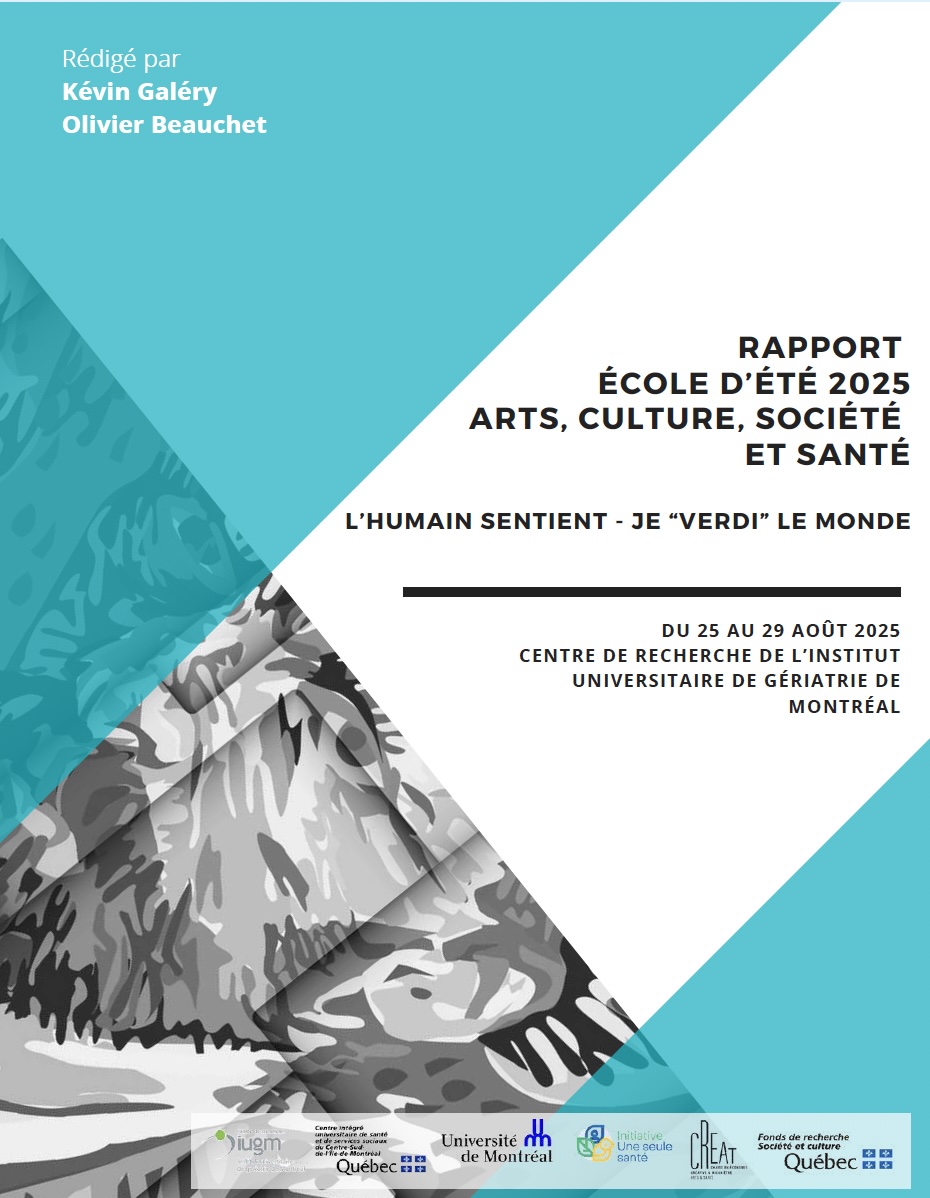
The evaluation report of the 2025 Summer School is now available
The report of the latest edition of the Summer School, held from August 25 to…
-
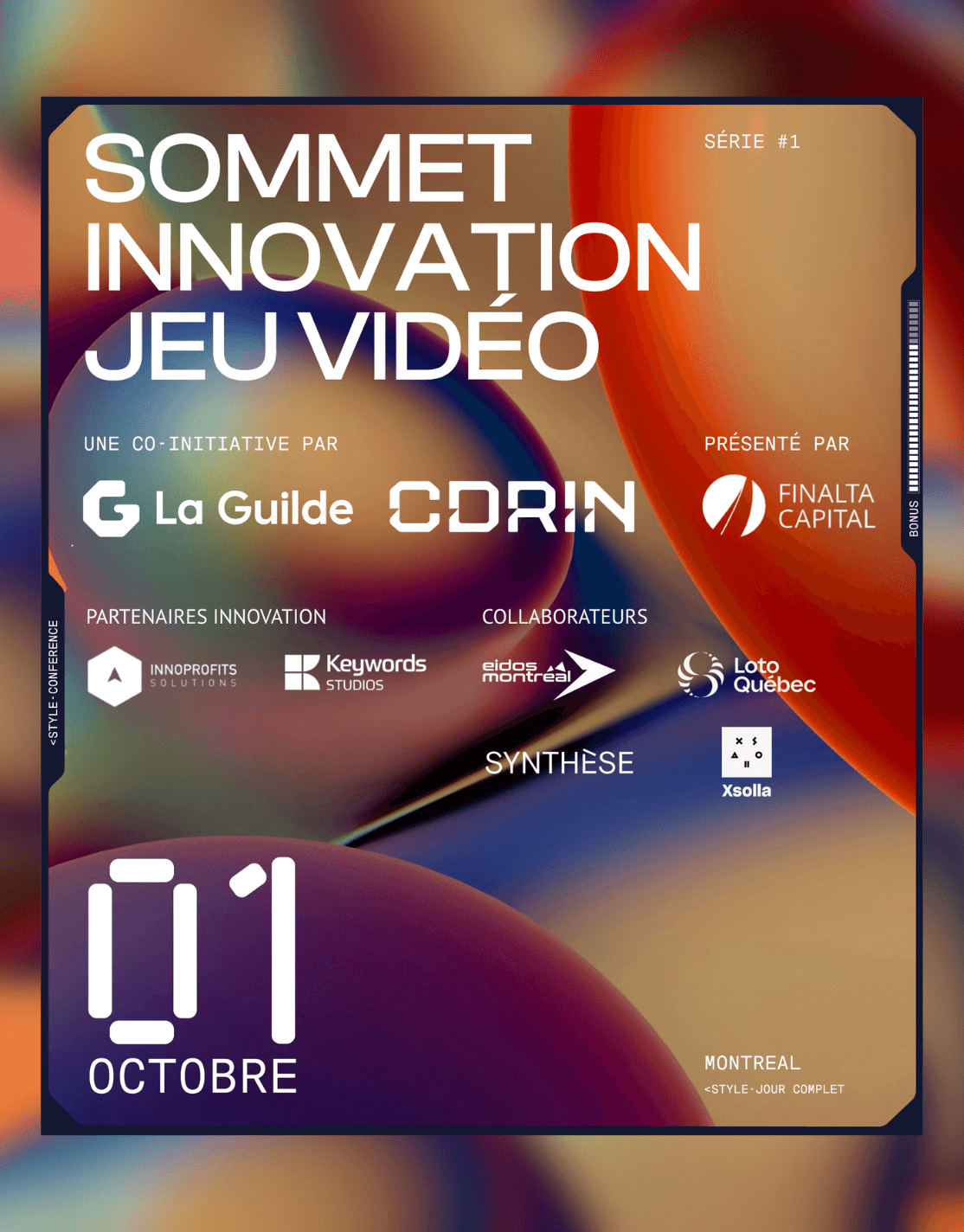
Laureline Chiapello at the Sommet de l’innovation en jeu vidéo
Professor Laureline Chiapello took part in one of the panels at the Sommet de l’innovation…

RESEARCH CHAIR MEDIA COVERAGE
-
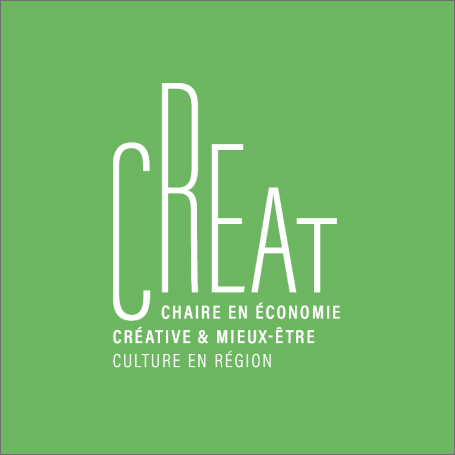
The Chair Takes Part in a Nordic Museum Mission in Denmark
A delegation of 13 people from Eastern Quebec will travel to Aarhus, Denmark, on October… Read more >
-
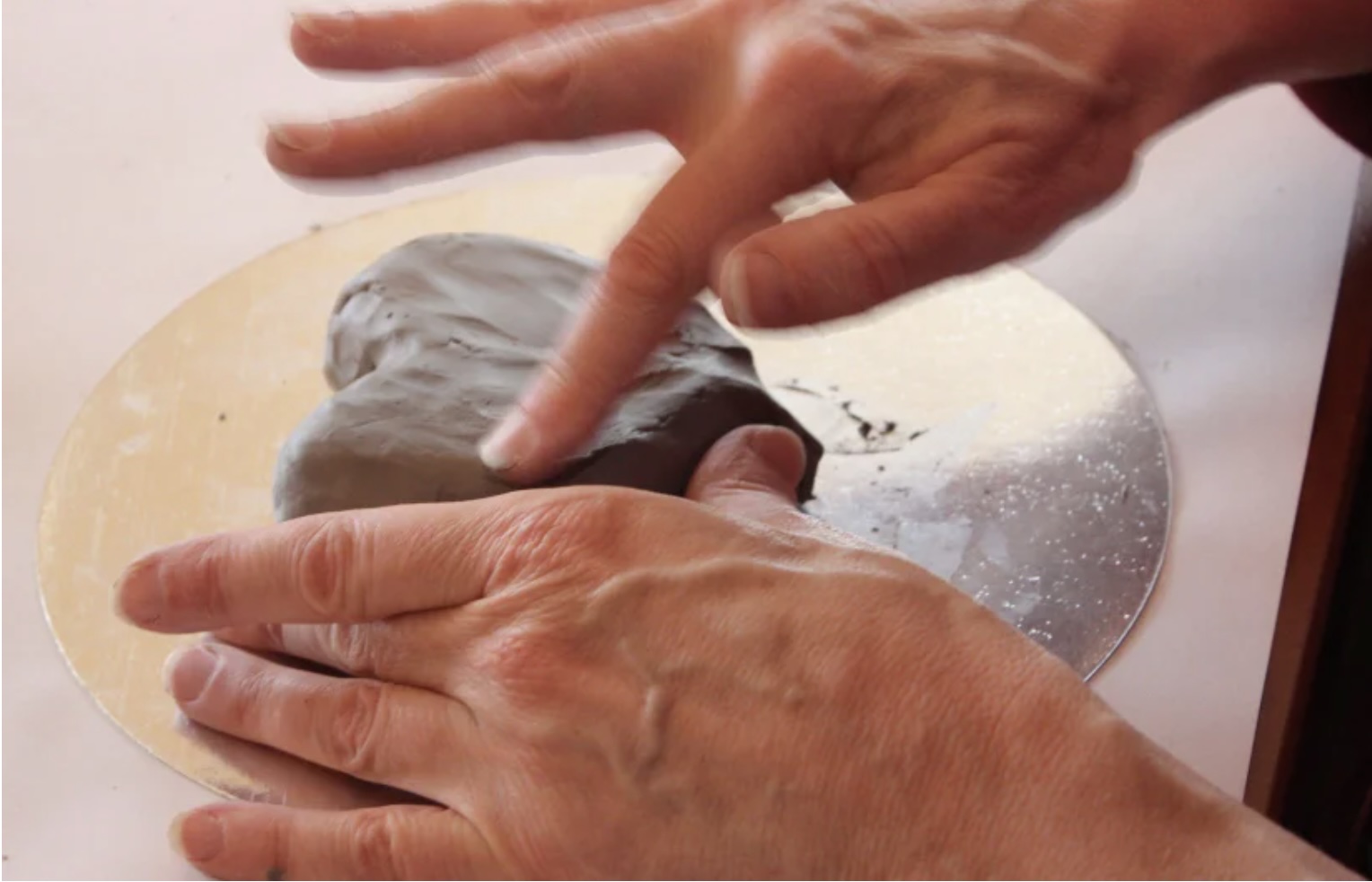
How Can We Prevent Cognitive Decline?
In a recent interview with Le Devoir, Kevin Galéry, Assistan Director of the AgeTeQ laboratory… Read more >
-
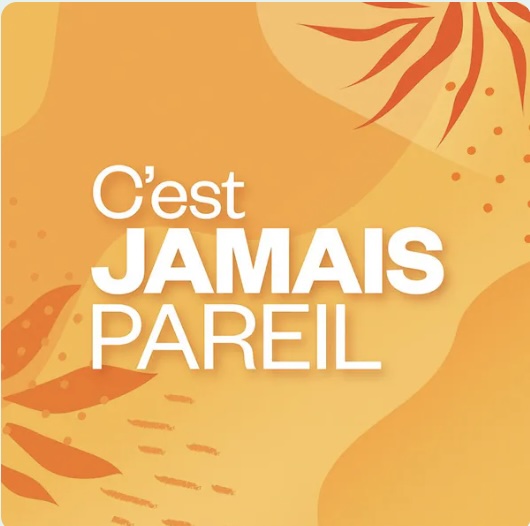
Laureline Chiapello Featured on “C’est jamais pareil” on Ici Première
Laureline Chiapello, professor at the École NAD-UQAC and lead of CREAT’s Digital Creativity axis, was… Read more >
-

An Academic Perspective in Service of the Sainte-Amélie Church Museum
The Sainte-Amélie Church Museum in Baie-Comeau is benefiting from a fresh perspective thanks to the… Read more >

Procedure for GRANTS and Financial Support to Students and Postdoctoral Researchers
> GRANTS
Each year, the CREAT Chair allocates approximately $200,000 to support projects led by students at all academic levels, as well as postdoctoral researchers.
Recipient selection is handled by the Axis committees specific to each stream. Each individual may submit only one (1) project per year, regardless of the targeted stream.
The Axis committees independently determine the number, duration, and timing of each competition. These competitions are renewed annually on April 1st, through 2027.
> ELIGIBILITY
To be eligible for the competitions, interested parties must meet all of the following eligibility criteria:
- Be enrolled full-time or part-time in an undergraduate or graduate program, or be carrying out postdoctoral research at the home institution of an Header or Researcher member of the Chair;
- Be supervised or carry out a project directed by a member of the CREAT Chair. Students as well as postdoctoral researchers supervised by a Chair collaborator may also enter the competitions, but must ensure their eligibility by consulting the FRQ’s RGC;
- Be a member of the CREAT Chair;
- Address a research theme related to the creative economy and wellness.
> APPLICATIONS
The Axis committees determine the specific requirements that application files must meet in order to be considered eligible for the competitions.

